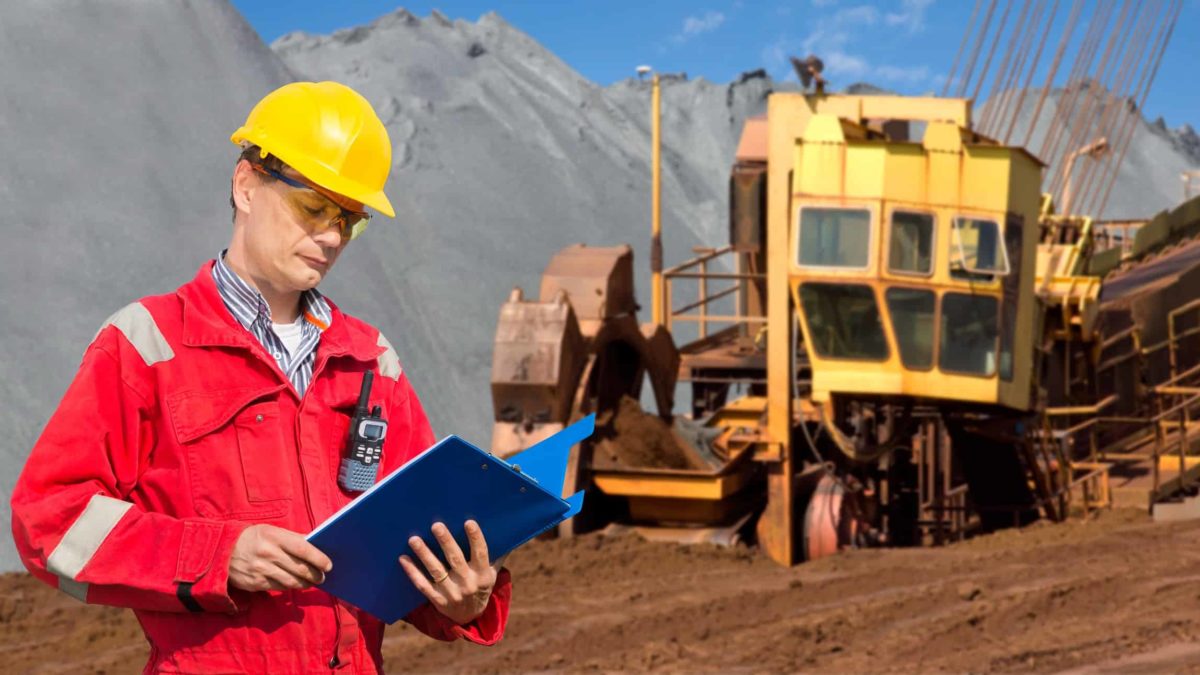BHP Group Ltd (ASX: BHP) shares are down 1.2% in morning trade, joining the wider market sell-off. The S&P/ASX 200 Index (ASX: XJO) is currently down 1.8%.
The mining giant closed yesterday trading for $45.83 per share. Shares are currently swapping hands for $45.28 apiece.
This comes amid news that BHP's plans to cut emissions by using renewable diesel made from Hydrotreated Vegetable Oil (HVO) may not be all that green.
What's happening with the miner's renewable diesel plans?
As The Motley Fool reported last month, BHP is trialling the use of renewable diesel, supplied by bp, at its Western Australian Yandi iron ore mine. The initial trial is set to run for three months.
Some 40% of BHP's operational greenhouse gas emissions stem from diesel fuel.
"Ultimately, our aim is to have fully electric trucking fleets at our sites," BHP Western Australia iron ore asset president Brandon Craig said. "But alternative fuels like HVO may help us reduce our emissions in the meantime while the electrification transition takes place."
However, not everyone believes this is the best way forward.
In news unlikely to have a material impact on BHP shares this morning, University of South Australia professor and environmental engineer James Hopeward said he believes there are better ways for the ASX 200 miner to cut its emissions.
As ABC News reports, Hopeward said he understands why BHP is eager to do what it can to reduce emissions, stressing that the trial is "certainly not greenwashing".
According to Hopeward:
I can certainly see why, when there is a tremendous amount of pressure to reduce greenhouse gas emissions as quickly as possible, there would be a tendency to say, 'We need to green the fleet by greening the fuel while we wait for the technology to catch up in terms of the electrification.
However, Hopeward added, "I'm not sure if that's necessarily the way that we should go."
He pointed to the comparatively large negative impact the renewable diesel has on the environment compared to solar or wind-derived energy.
"They take an enormous amount of land, they take nutrients, they take water, and they just have a large footprint," he said of the HVO type of fuels. "If we're talking about a solar farm or a wind farm these things have an impact as well, but it's a smaller impact in terms of space."
It's likely to be more than a decade before BHP's hauling trucks make the switch to fully electric, with the technology still playing catchup to the reality in the field.
While the miner waits for that battery electric tech to evolve, Hopeward said BHP and other miners had superior options available to reduce their overall carbon footprint.
"To offset that carbon through environmentally beneficial activities like large scale revegetation … should certainly be in the mix of how we make this transition," he said.
"We genuinely then reduce net carbon emissions while also having a positive impact on biodiversity and then transitioning, when the technology allows it, to an electric future."
How have BHP shares been performing?
As you can see in the chart below, BHP shares are now trading right about where they started 2023.
Longer term, shares in the ASX 200 miner are up 56% over five years.








